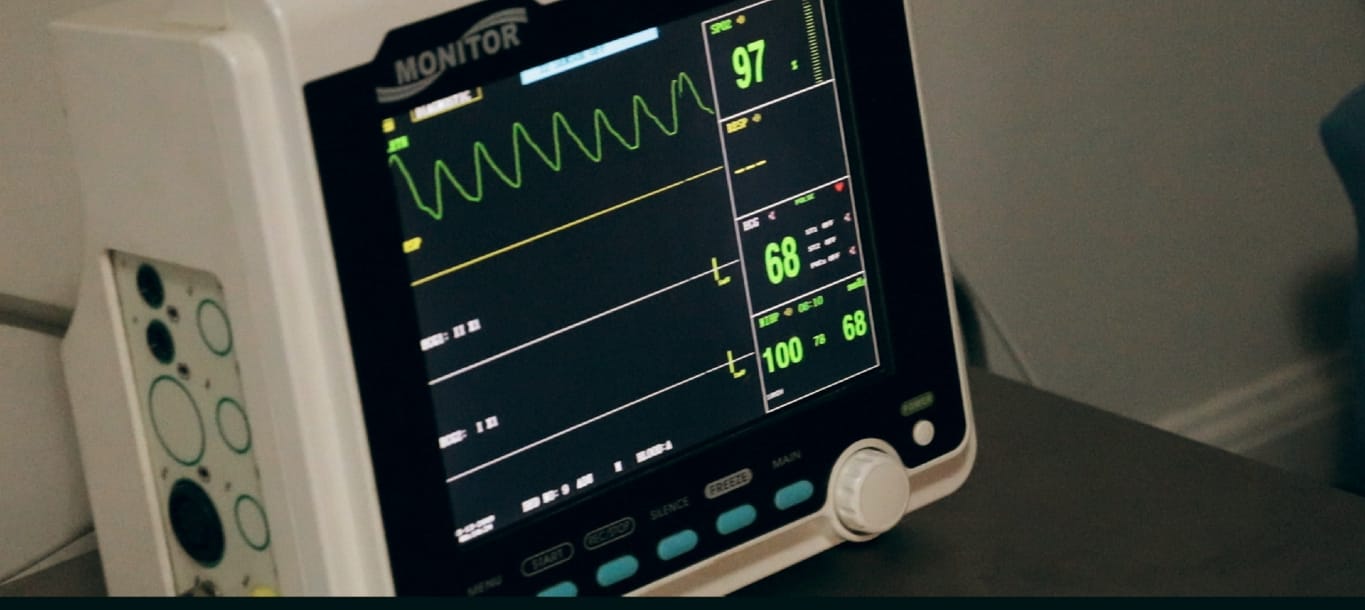Medical physics & digital healthcare – a brief background
A career in medicine isn’t just restricted to dealing with patients as a doctor, nurse or midwife.
Undertaking a career in medical physics and digital healthcare means that you could create new systems that diagnose health conditions quicker or with greater accuracy. You could be responsible for maintaining crucial equipment to make sure it’s working as it should do. Alternatively, you could be analysing patient test results in a laboratory environment.
On the digital healthcare side, you may take charge of creating incredibly complex computer simulations and mathematical modelling to assist in the research and development of new medicines or healthcare innovations.
What do I need to study for a career in medical physics & digital healthcare?
To work in the medical physics and digital healthcare sector you could go to university or do an apprenticeship.
If you go to university and are set on a career in this sector, you should look to study an Applied Physics course. Alternatively, you could study Physics, Mathematics or Astrophysics. At university, you should be aiming to get a 2.1 in your degree, although there are still job options for those who don’t receive this.
If you choose the apprenticeship route, you’ll be able to train for a job as a medical physicist by undertaking a Healthcare Science Practitioner Degree Apprenticeship. You’ll start as a healthcare science assistant and study at university where you’ll be able to specialise in medical physics in your final year.
Working in the field of medical physics & digital healthcare
It goes without saying that in this field you’ll be utilising your knowledge and skills in science on a daily basis. You’ll also need to be very analytical. Digital Healthcare in particular is very data-driven, so you’ll need the ability to analyse complex and vast amounts of data (or know how to use computer software to assist you).
Increasingly, the provision of healthcare is becoming more digital; two examples of this include the introduction of COVID-19 vaccination ‘passports’ and medical records being able to be accessed from a smartphone app. Given the need to develop healthcare technology at speed, a career in this sector will involve large teams working across multiple projects. You’ll need to be able to work well in a team and communicate effectively.
You’ll also need good levels of attention to detail. For example, if you are a medical physicist in a radiotherapy department of a hospital, you will be planning a patient’s treatment, so it’s important to be accurate in these potentially life-saving scenarios.
A career in medical physics is likely to begin with more routine tasks, but as you progress you could take on management roles or become involved with the training of new staff.
